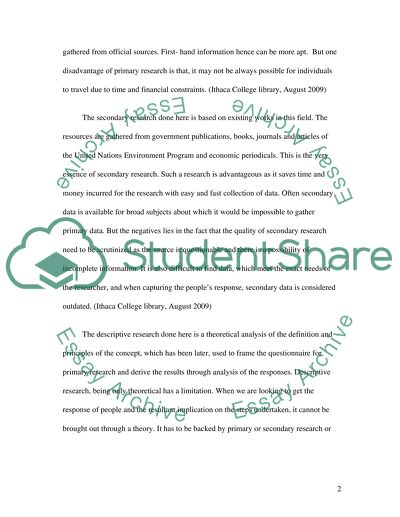Cite this document
(“Implementation of ecotourism principles in Pembrokeshire Coastal Research Paper”, n.d.)
Retrieved from https://studentshare.org/miscellaneous/1568242-implementation-of-ecotourism-principles-in-pembrokeshire-coastal-national-park
Retrieved from https://studentshare.org/miscellaneous/1568242-implementation-of-ecotourism-principles-in-pembrokeshire-coastal-national-park
(Implementation of Ecotourism Principles in Pembrokeshire Coastal Research Paper)
https://studentshare.org/miscellaneous/1568242-implementation-of-ecotourism-principles-in-pembrokeshire-coastal-national-park.
https://studentshare.org/miscellaneous/1568242-implementation-of-ecotourism-principles-in-pembrokeshire-coastal-national-park.
“Implementation of Ecotourism Principles in Pembrokeshire Coastal Research Paper”, n.d. https://studentshare.org/miscellaneous/1568242-implementation-of-ecotourism-principles-in-pembrokeshire-coastal-national-park.


